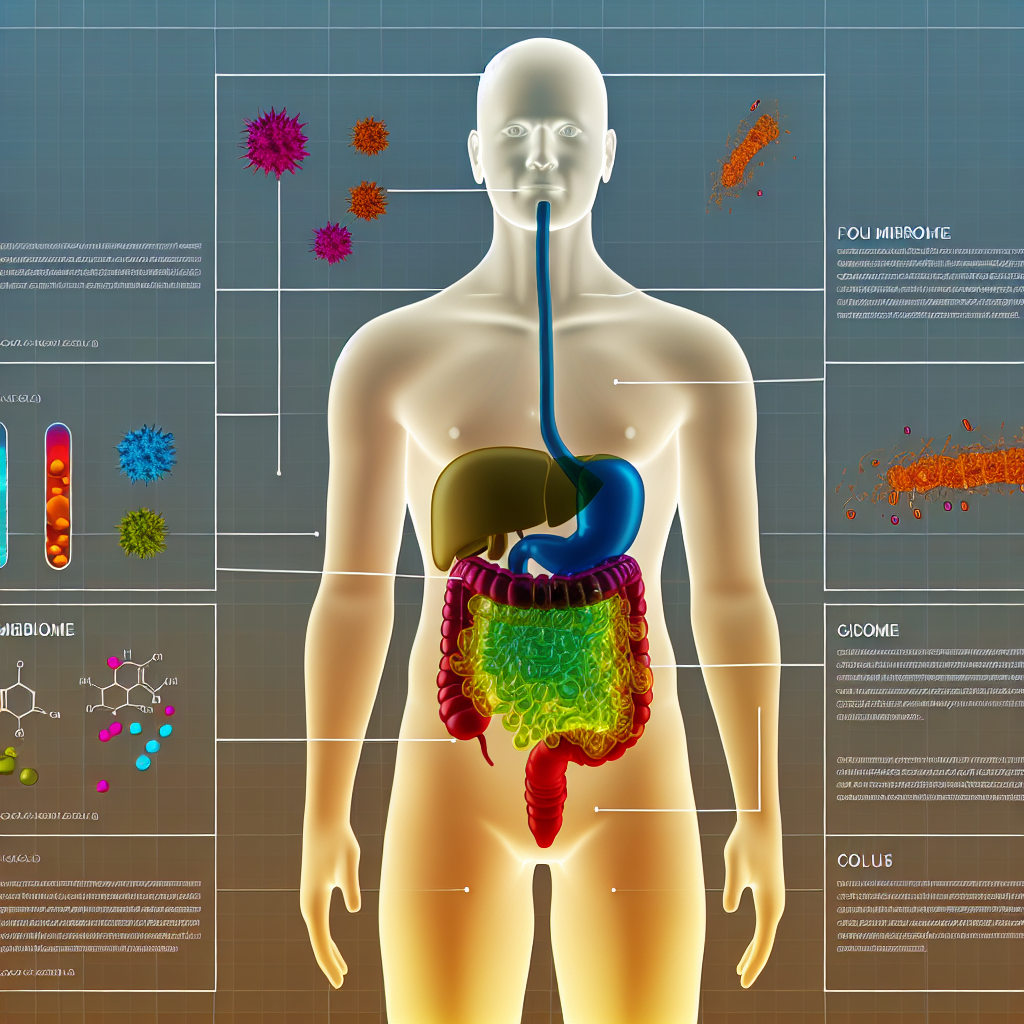Our digestive system and our brain are linked via the gut-brain axis. The health of the gut can have a profound impact on our emotional health. For example, it can affect our levels of anxiety and depression. It can also contribute to chemical imbalances in the body. So if you suffer from stress, for example, it can profoundly impact your gut health.
Gut Microbiome Affects Behavior
Researchers have found that the health of the bugs in your gut can affect your brain and how you act. While the gut and the vagus nerve are not directly connected, their interactions can affect how your brain feels, thinks, and behaves. Specifically, research shows that gut bacteria can influence how you respond to stress and deal with anxiety.
Stress Affects Gut Microbiome
Stress can affect the gut microbiome in many ways. It can alter the composition of the bacterial population and change the immune system. This can occur from psychological and emotional stress, as well as from physical stress. External environmental factors may also trigger it. In addition, it can disturb the circadian rhythm. Inflammation in the gut may also be affected by stress.
Foods That Affect Gut Microbiome
Many foods affect the gut microbiome and brain health. A good diet is rich in fiber and various micronutrients, including polyphenols. These compounds are found in plants and can positively affect brain health. In addition, fiber helps maintain a healthy immune system. The thread also releases short-chain fatty acids that benefit the body in various ways. High-fiber foods include whole grains, legumes, garlic, dandelion greens, and Jerusalem artichokes.
Effects of Stress on the Vagus Nerve
One of your strong stress-resistance systems is your vagus nerve. It is responsible for controlling your breathing, digestion, and heart rate. Therefore, exercising and relaxing your body can help stimulate the vagus nerve and reduce stress.
Effects of Probiotics on the Brain
Probiotics benefit gut health and may even indirectly improve the brain’s health. This is because the stomach and brain are linked via biochemical signals. This is done through the enteric nervous system and the vagus nerve, the longest nerve in the human body.
Influence of Prebiotics
Recent studies have found that healthy gut microbiota may benefit the brain. This beneficial flora includes probiotics and prebiotics. Studies have shown that these bacteria can help stabilize anxiety and depressive symptoms. They may even help regulate conditions like antibiotic-associated diarrhea and inflammation. Probiotics may also be able to fix severe depression, but this claim needs more study to back it up.

Dominic E. is a passionate filmmaker navigating the exciting intersection of art and science. By day, he delves into the complexities of the human body as a full-time medical writer, meticulously translating intricate medical concepts into accessible and engaging narratives. By night, he explores the boundless realm of cinematic storytelling, crafting narratives that evoke emotion and challenge perspectives.
Film Student and Full-time Medical Writer for ContentVendor.com




